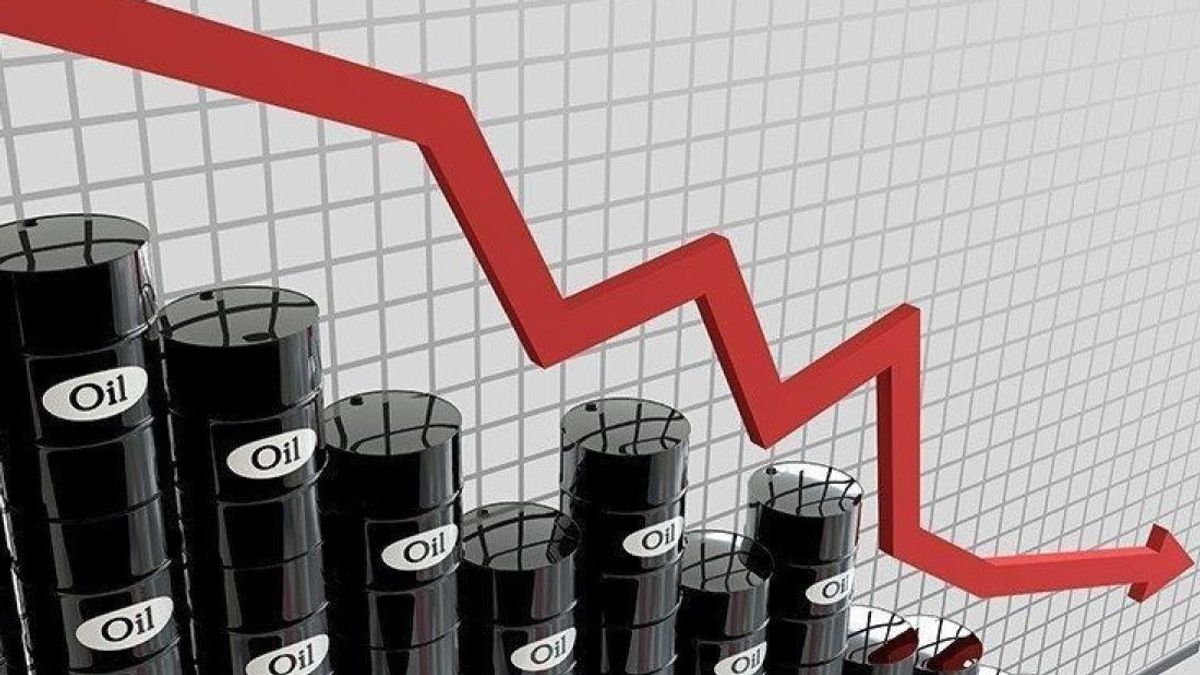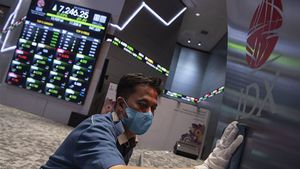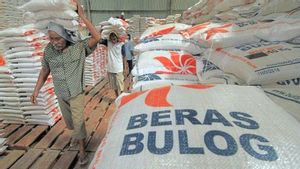JAKARTA - Economic researcher at the Center of Reform on Economics (CORE) Indonesia Yusuf R Manilet said controlled or maintained inflation could support Indonesia's financial market stability. "I think financial market stability will be greatly determined from how inflation is especially throughout this year," Yusuf said, quoted from Antara, Wednesday, March 20. According to him, if the government can keep the inflation target in the predetermined range, the prospects of the financial market can also be maintained.
The inflation targeted Bank Indonesia (BI) to fall to the range of 2.5 plus minus one percent in 2024 from the range of three plus minus one percent in 2023. According to Yusuf, one of the things that needs to be considered is how the increase in inflation rate mainly in the early period of the year where there was a combination of inflation caused by the volatility factor of food prices and also inflation driven by increased demand from seasonal patterns in Ramadan and Eid later. Before Ramadan, inflation for volatile prices experienced an increase from 7.22 percent in January to 8.47 percent in February. However, core inflation and inflation for goods price components regulated by the government decreased relatively for indicators in February 2024. Nevertheless, the current financial market conditions are relatively stable. The Composite Stock Price Index (IHSG) rose by 0.60 percent year-to-date (ytd) to reach the level of 7.316.11 on February 29, 2024, supported by foreign investors who recorded net buys of IDR 18.44 trillion ytd.
SEE ALSO:
In the bond market, the yield curve of the money market remains flat, following the BI-Rate policy which is maintained at the level of 6 percent. There was a capital inflow of IDR 18.24 trillion ytd, with most of it allocated to the stock market (IDR 20.89 trillion ytd), while the domestic Government Securities (SBN) market recorded an outflow of IDR 2.65 trillion ytd. Even so, the 10-year state debt securities yield (SUN) tends to sideways with an increase of 9 basis points ytd.
The English, Chinese, Japanese, Arabic, and French versions are automatically generated by the AI. So there may still be inaccuracies in translating, please always see Indonesian as our main language. (system supported by DigitalSiber.id)
















